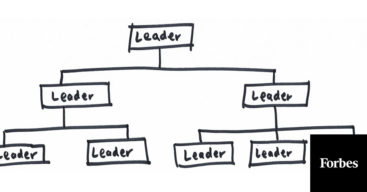“The difference between what the most and the least learned people know is inexpressibly trivial in relation to that which is unknown.”
— Albert Einstein (1879-1955)
Consider This:
More than we’d like to admit, we all make things up as well go (often trying to give the impression that we’ve got it all together). It’s OK though – that’s life. And that’s not actually where our problems come from anyway. More often our problems come from that fact that we think other people actually know what they’re doing. It’s an illusion that wreaks havoc in our lives. It’s causes us to doubt ourselves. It causes us to hide our challenges from others. It can even paralyze us at times. No one else knows what they’re doing either. They’re making everything up too. Relax into your ignorance. Open up. Experiment.
I’ve got a client who’s a master at encouraging “not knowing” in his organization. He’s created a culture that welcomes openly admitting when you’re stuck and don’t know what to do. The following is an example in his words:
“Let’s say we’re in a meeting, and someone says they’re going to take a lead on a project. I always ask the follow-up question, ‘Do you have a clear idea of your next steps?’ It challenges them to check-in with themselves. If they say yes, I ask them to briefly outline their approach. If they say no, the team helps them think through it. I never want someone walking away from a meeting without a plan for moving forward – even if that merely means doing more research. I’ve noticed that if we’re not clear with each other and plans are left vague, action stalls. The truth is, we all struggle more than we like to admit. As the boss, I also have to admit when I’m stuck and need help thinking through something. It sends the signal loud and clear that others can do the same.”
Try This:
1. Practice admitting when you’re stuck and don’t know what to do (perhaps in safer environments at first).
2. Open up to others to help you begin to find answers to your challenges.
3. Begin to notice the sense of freedom that can come from “not knowing.”
— Doug Sundheim is a leadership consultant, author, and speaker. His book on Smart Risk-Taking is due out in 2012.
©2011 TakingSmartRisks.com. All rights reserved. You may send this to your friends and family, but please don’t republish it in any form, electronic or mechanical, without written permission from us.



